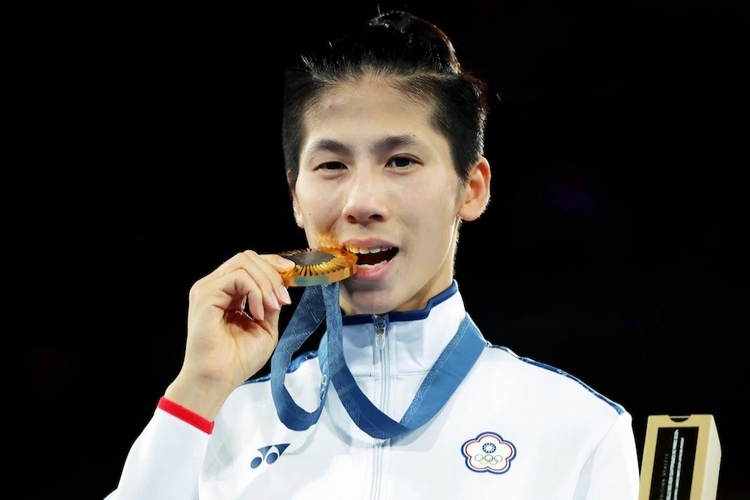
The 28-year-old boxer was offered to undergo a "comprehensive medical examination" in Britain, but World Boxing did not accept the proposal, according to the statement.
The controversy surrounding gender eligibility in the boxing fraternity continues to persist. Lin Yu-ting, Olympic boxing champion and gold medallist, withdrew from the World Boxing Cup Finals due to gender eligibility questions. However, organisers countered, stating that Lin was not actually entered in the event.
Taiwan's Sports Administration announced on Wednesday that Lin, who was set to compete in her first international event since the Paris Olympics, decided to pull out after World Boxing raised concerns about her eligibility.
The Taiwan’s Sports Administration recently released a statement, stating,“She is female, meets all eligibility criteria, and successfully participated in the women's boxing event (in Paris), winning a gold medal.".
"Unfortunately, as World Boxing is newly established and still navigating the development of its operational mechanisms, it lacks the clear regulatory policies of the IOC that ensure the protection of athletes' rights," it stated, referring to the International Olympic Committee.
The 28-year-old boxer was offered to undergo a "comprehensive medical examination" in Britain, but World Boxing did not accept the proposal, according to the statement.
To prevent further "harm" to Lin, her coach and Taiwanese sports officials made the decision to proactively withdraw from the event.
However, the World Boxing stated later on Wednesday that their policy couldn't prevent Lu from participating in the World Boxing Cup.
The World Boxing spokesman stated, “We have recognised for some time that gender clarity is an extremely complex issue with significant welfare concerns, and our medical committee has a dedicated working group committed to examining every aspect of this area so that we can strengthen our policy.”
Lin, 28, and Algerian boxer Imane Khelif had previously faced scrutiny during the 2023 World Championships, but the International Olympic Committee (IOC) defended their eligibility, stating they were born and raised as women and had valid passports. Taiwan's government has vowed to protect the "Taiwan's daughter” rights to compete in future international competitions.
4 Comments
Leave A Comment
Your email address will not be published. Required fields are marked.


zaSyYsEZwUiw
Feb 21, 2025 | 2:08 PMzaSyYsEZwUiw
Feb 21, 2025 | 2:08 PMOyPQUNPcJuwEJgO
Jan 4, 2025 | 9:15 PMOyPQUNPcJuwEJgO
Jan 4, 2025 | 9:15 PM